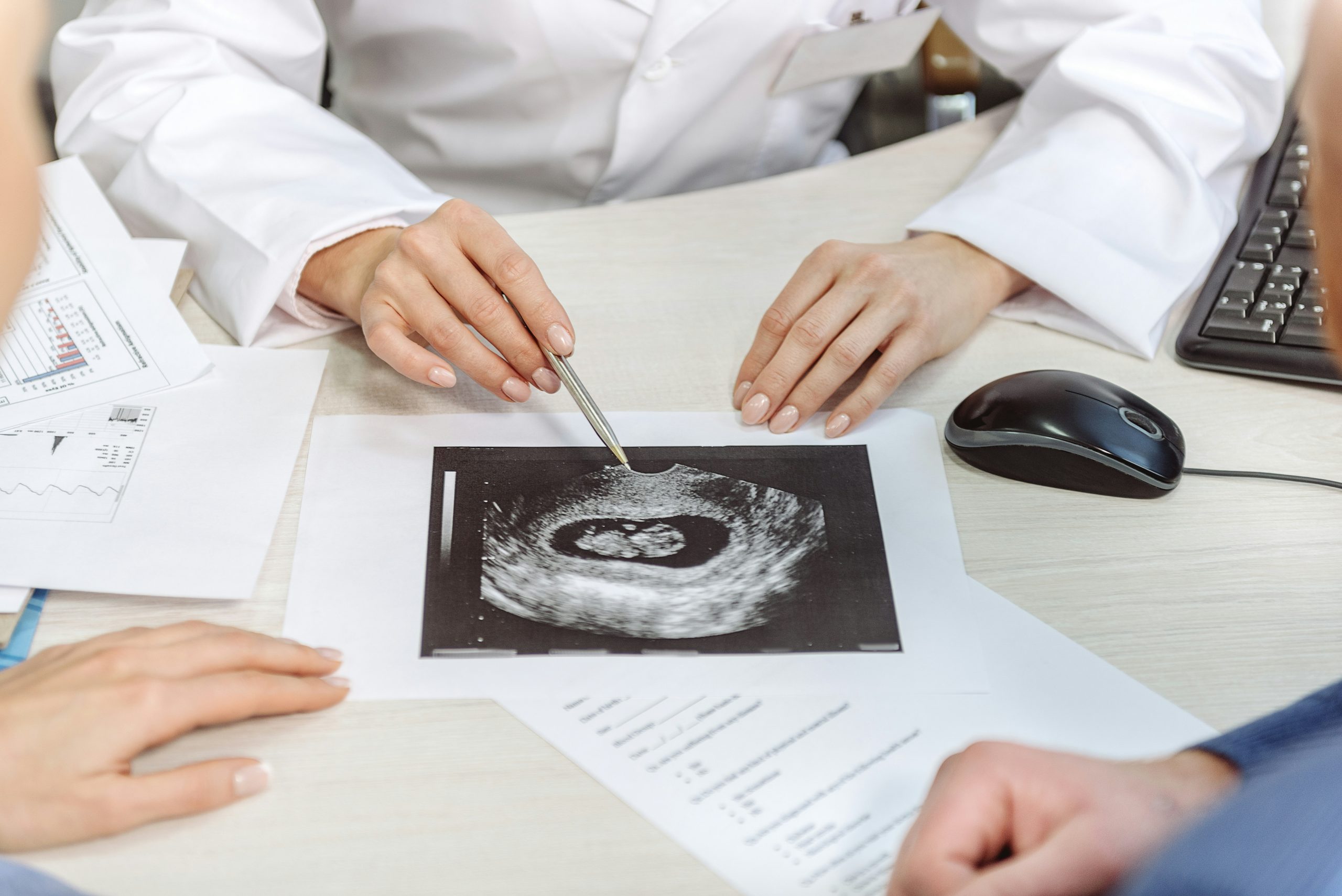
Urology plays a pivotal role in male fertility and reproductive health. While often associated with urinary tract issues, urology encompasses the male reproductive system, addressing conditions that can affect fertility and overall reproductive well-being. In this article, we explore the connection between urology and male fertility, common challenges, diagnostic techniques, and treatment options.
Understanding Male Fertility
Male fertility depends on the production and quality of sperm, the proper functioning of the male reproductive organs, and the ability to deliver sperm effectively. When issues arise in any of these areas, they can significantly impact reproductive outcomes. Urologists specialize in diagnosing and treating these concerns, ensuring optimal reproductive health.
Common Urological Issues Affecting Male Fertility
Varicocele
Varicocele, an enlargement of veins within the scrotum, is a leading cause of male infertility. It can impair sperm production and quality. Urologists often diagnose varicocele through a physical examination or scrotal ultrasound and recommend treatments like microsurgical varicocelectomy.
Hormonal Imbalances
Hormonal imbalances, such as low testosterone levels, can disrupt sperm production. Urologists evaluate hormone levels and collaborate with endocrinologists to create tailored treatment plans, often including hormone replacement therapy or medications that stimulate natural testosterone production.
Obstructive Azoospermia
When sperm cannot exit the body due to blockages in the reproductive tract, it leads to obstructive azoospermia. Urologists utilize surgical interventions, such as vasectomy reversals or epididymovasostomy, to restore sperm flow.
Erectile Dysfunction and Ejaculatory Disorders
Erectile dysfunction (ED) and ejaculatory disorders can hinder conception. Urologists address these issues using medications, counseling, or advanced therapies like penile implants or intrauterine insemination (IUI).
Diagnostic Techniques in Urology
Accurate diagnosis is essential for addressing male fertility issues. Urologists use advanced diagnostic tools to identify underlying causes.
- Semen Analysis: This fundamental test evaluates sperm count, motility, and morphology, providing critical insights into fertility potential.
- Scrotal Ultrasound: Non-invasive imaging helps detect abnormalities, such as varicocele or testicular masses.
- Hormonal Profiling: Blood tests assess hormone levels, including testosterone, luteinizing hormone (LH), and follicle-stimulating hormone (FSH).
- Genetic Testing: Identifies chromosomal or genetic abnormalities contributing to infertility.
- Testicular Biopsy: A minor surgical procedure that examines sperm production within the testicles.
Treatment Options for Male Infertility
Urologists offer a range of treatments to improve fertility outcomes, often tailored to the specific cause of infertility.
Surgical Interventions
Surgery is often the most effective solution for conditions like varicocele or obstructive azoospermia. Advanced microsurgical techniques minimize risks and improve success rates.
Assisted Reproductive Technologies (ART)
When natural conception is not possible, urologists collaborate with fertility specialists to implement ART options such as in-vitro fertilization (IVF) or intracytoplasmic sperm injection (ICSI). In some cases, sperm retrieval techniques like testicular sperm extraction (TESE) are employed.
Lifestyle Modifications
Urologists emphasize the importance of healthy lifestyle choices, including maintaining a balanced diet, regular exercise, avoiding smoking, and limiting alcohol intake. These changes can significantly enhance sperm quality and reproductive health.
Hormonal Therapies
Hormonal treatments aim to correct imbalances that affect sperm production. Clomiphene citrate or human chorionic gonadotropin (hCG) injections are standard options.
Addressing Sexual Dysfunction
Treating ED and ejaculatory disorders often involves a combination of medications, psychological counseling, and physical therapies. Advanced treatments, like vacuum erection devices or penile prosthetics, may also be explored.
Urology’s Broader Role in Male Reproductive Health
Urology extends beyond fertility concerns. Urologists address a range of reproductive health issues, including:
- Testicular Cancer: Early detection and treatment preserve fertility and life quality.
- Prostate Health: Prostate infections or enlargement can affect fertility and sexual function.
- Sexually Transmitted Infections (STIs): Urologists treat STIs that may impair fertility or overall reproductive health.
Preventive Measures and Urology
Prevention is a cornerstone of urological care. Regular check-ups help detect potential issues early, ensuring better outcomes. Men should consider routine screenings for conditions like testicular cancer or prostate issues and consult a urologist if they experience symptoms like pain, swelling, or changes in urinary patterns.
Partnering with a Urologist
Collaborating with a urologist empowers men to take charge of their reproductive health. From diagnosis to treatment, these specialists offer comprehensive care tailored to individual needs. Urologists also work closely with fertility clinics, ensuring a seamless approach to achieving reproductive goals.
Urology plays an essential role in male fertility and reproductive health. Urologists diagnose, treat, and prevent conditions affecting fertility, ensuring men have access to the best care. Whether addressing hormonal imbalances, structural abnormalities, or lifestyle factors, urology offers solutions that enhance fertility and overall well-being.